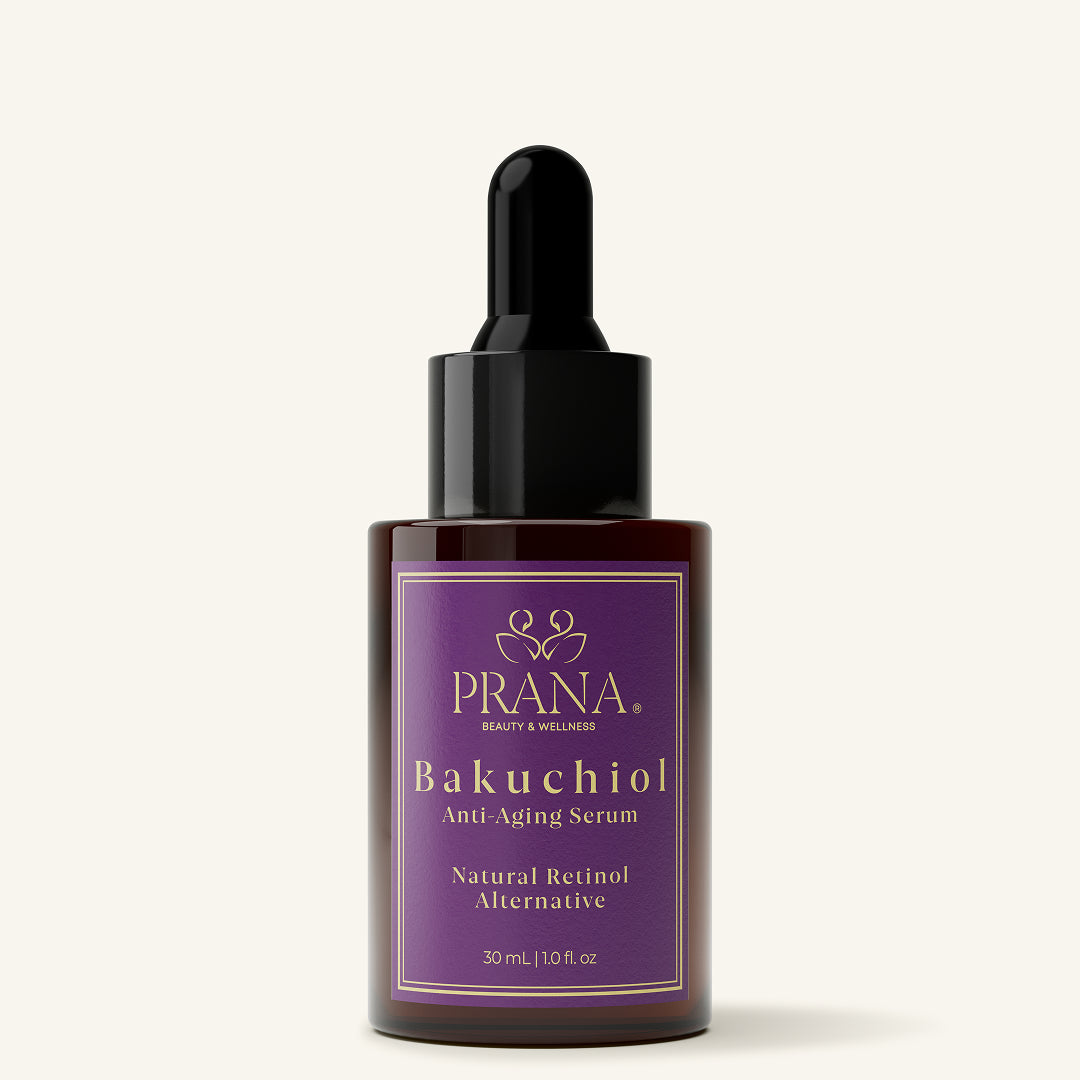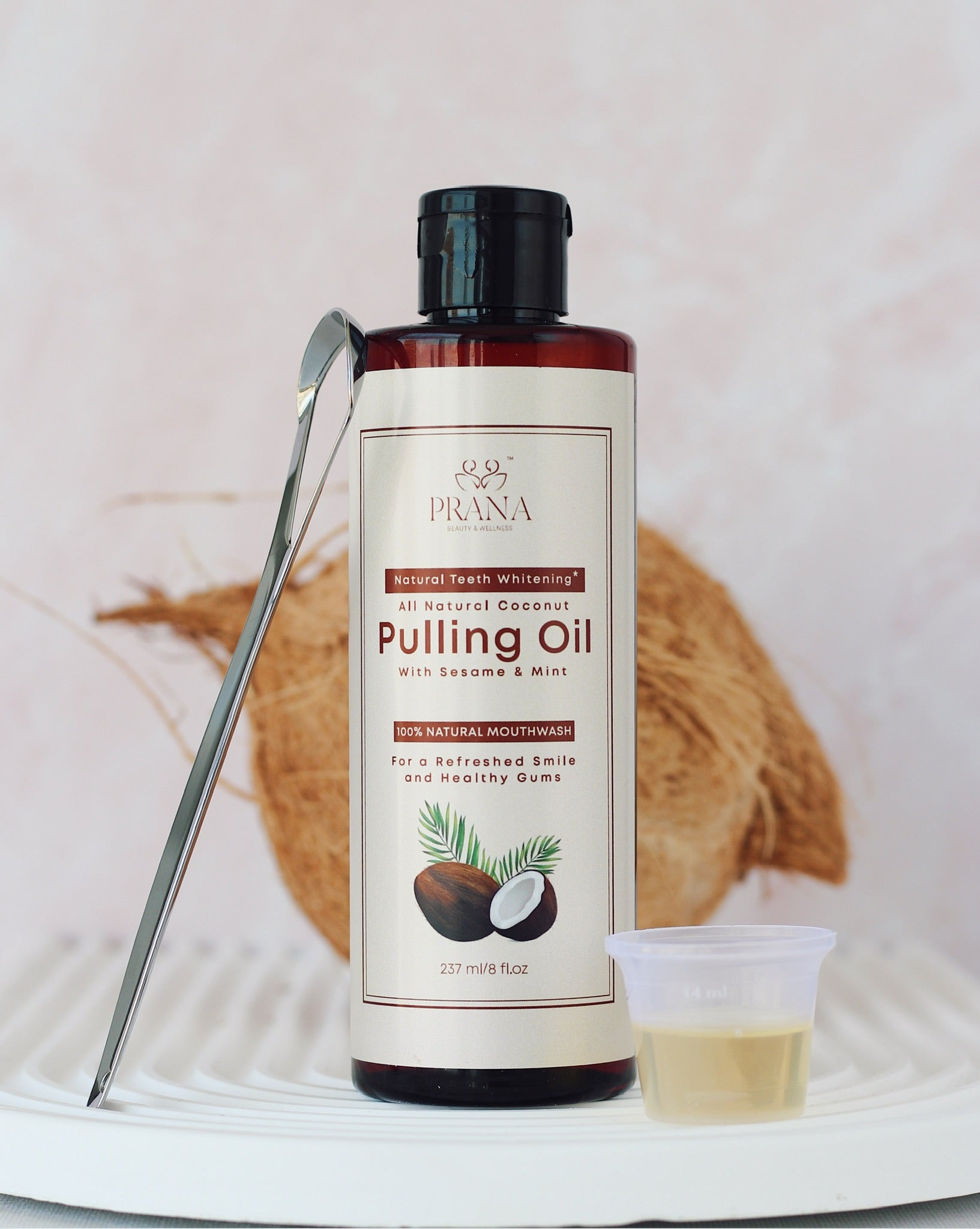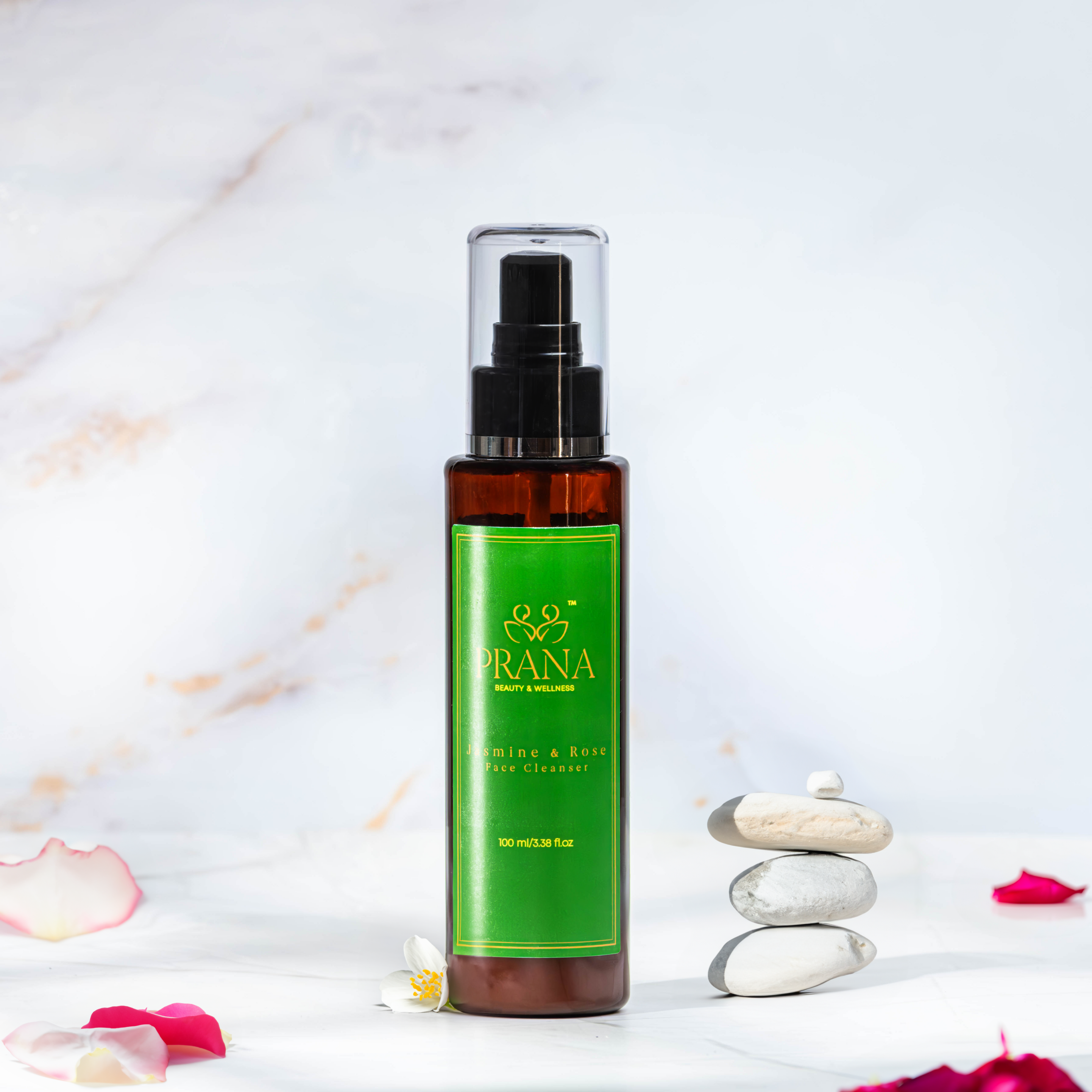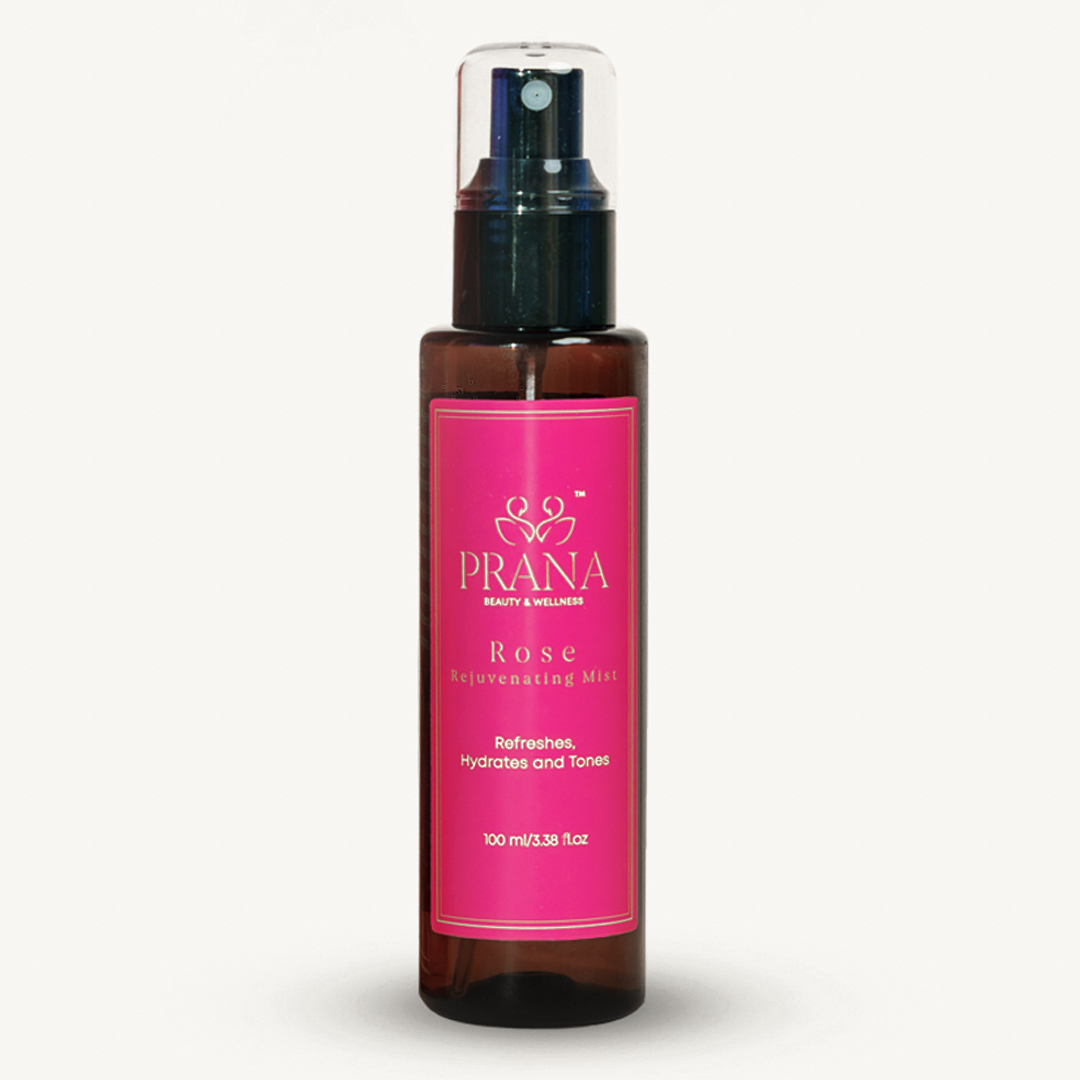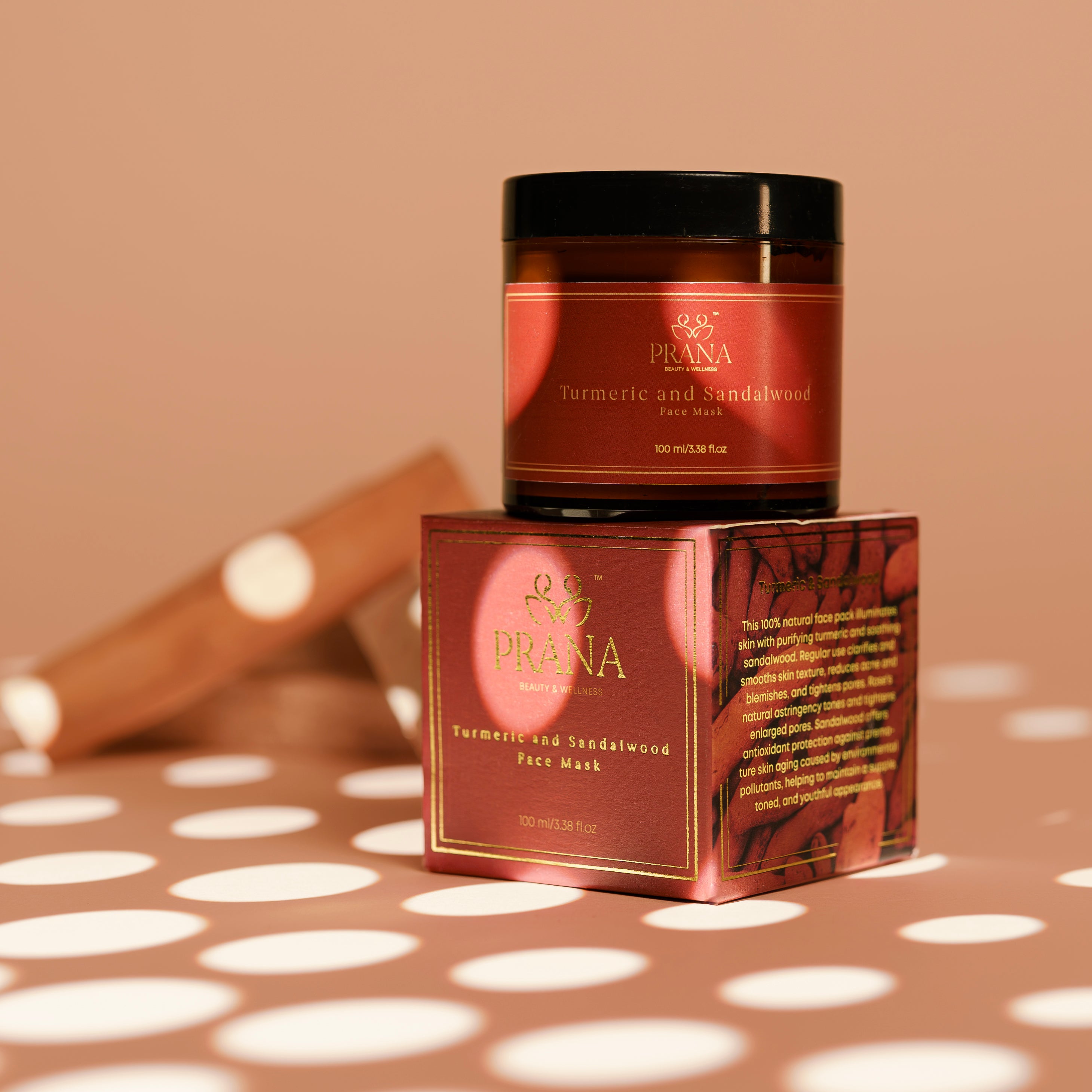Can Sandalwood Remove Blackheads? A Science-Backed Guide
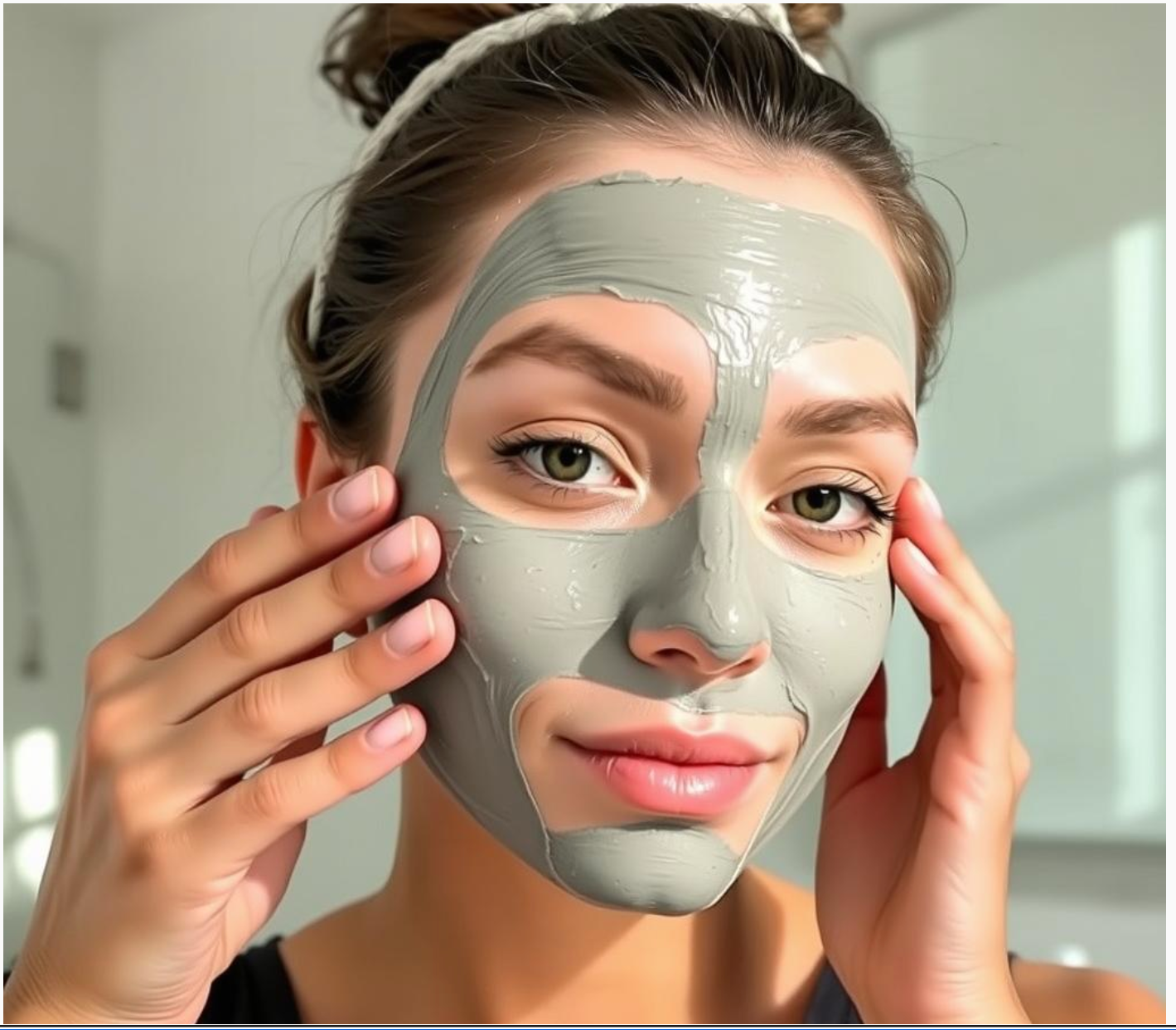
Blackheads – those tiny dark spots that stubbornly appear on our noses, chins, and foreheads – are a common skincare concern affecting people of all ages. While the beauty industry offers countless chemical treatments promising instant results, many are turning to natural alternatives like sandalwood for a gentler approach. This ancient ingredient has been treasured in Ayurvedic skincare for centuries, but does science support its effectiveness against blackheads? Let's explore the evidence behind sandalwood's purported ability to clear pores and reveal smoother skin.
What Are Blackheads?
Blackheads, or open comedones, form when excess sebum and dead skin cells clog your pores. Unlike whiteheads (closed comedones), blackheads remain open at the surface, allowing the trapped material to oxidize and turn dark when exposed to air – giving them their characteristic black appearance.
Our skin naturally produces sebum to stay moisturized and protected. However, factors like hormonal changes, genetics, and improper skincare can trigger overproduction of this oil. When combined with dead skin cells that haven't properly shed, this mixture can become trapped in pores, creating the perfect environment for blackheads to form.
Common Treatment Methods
Chemical Treatments
-
Salicylic acid (BHA) – penetrates oil and exfoliates inside pores
-
Retinoids – increase cell turnover and prevent clogging
-
Benzoyl peroxide – kills bacteria and removes excess oil
-
Chemical peels – remove outer layer of dead skin
Natural Remedies
-
Clay masks – absorb excess oil and impurities
-
Tea tree oil – natural antibacterial properties
-
Honey – antibacterial and humectant properties
-
Sandalwood – anti-inflammatory and oil-absorbing
While chemical treatments often provide faster results, they can sometimes cause irritation, dryness, and sensitivity – especially for those with reactive skin. This has led many to explore natural alternatives like sandalwood that may offer gentler yet effective blackhead treatment.
Sandalwood's Skincare Properties
Sandalwood has been a cornerstone of Ayurvedic skincare for centuries, prized not only for its mesmerizing fragrance but also for its remarkable benefits for the skin. The wood and oil derived from the Santalum album tree (Indian sandalwood) contain compounds that make it particularly effective for addressing various skin concerns, including blackheads.
Anti-inflammatory Benefits
One of sandalwood's most valuable properties is its anti-inflammatory action. The key active ingredient, alpha-santalol, helps calm irritated skin and reduce redness. For blackhead-prone skin that's often inflamed, this soothing effect can be particularly beneficial, as it addresses both the blackheads themselves and the surrounding irritation.
Antimicrobial Effects
Research has shown that sandalwood oil exhibits antimicrobial properties against various bacteria, including those that can contribute to acne. While blackheads aren't primarily caused by bacteria (unlike inflammatory acne), keeping the skin's microbiome balanced can help prevent blackheads from progressing into more inflamed forms of acne.
Oil-Absorbing Capabilities
Sandalwood powder has natural astringent and absorbent properties that help control excess sebum production – a primary factor in blackhead formation. By absorbing oil and tightening pores, sandalwood can help prevent the buildup that leads to blackheads while maintaining the skin's natural moisture balance.
"Sandalwood appears to have a calming and cooling effect on the skin, which can benefit the pitta fire dosha. The alpha-santalol component is an inhibitor of tyrosinase, a key enzyme in the synthesis of skin pigment melanin." – Dr. Monisha Bhanote, MD
These properties make sandalwood a promising natural ingredient for addressing blackheads at their source – by controlling oil production, gently exfoliating dead skin cells, and maintaining a healthy skin environment.
How to Use Sandalwood for Blackheads
Incorporating sandalwood into your skincare routine can be done in several ways. The most effective applications for blackhead treatment involve using sandalwood powder in face masks, often combined with other beneficial ingredients to enhance its effects.
Sandalwood Powder Face Masks
Basic Sandalwood Mask for Blackheads
Ingredients:
-
2 tablespoons sandalwood powder
-
1 tablespoon rose water
-
½ teaspoon turmeric (optional)
Directions:
Mix sandalwood powder with rose water to form a smooth paste
Add turmeric if desired (helps with inflammation)
Apply the paste to clean, dry skin, focusing on blackhead-prone areas
Leave on for 15 minutes
Rinse with lukewarm water using gentle circular motions
Apply 1-2 times weekly for best results
Combination with Other Ingredients
Sandalwood & Honey
Combine 2 tablespoons sandalwood powder with 1 tablespoon honey. The antibacterial properties of honey complement sandalwood's benefits while adding moisture to prevent dryness.
Sandalwood & Yogurt
Mix 2 tablespoons sandalwood powder with 1 tablespoon plain yogurt. The lactic acid in yogurt provides gentle exfoliation to help remove dead skin cells.
Sandalwood & Lemon
Combine 2 tablespoons sandalwood powder with a few drops of lemon juice. The citric acid helps dissolve oil and debris in pores (use with caution if you have sensitive skin).
Precautions for Sensitive Skin
While sandalwood is generally considered gentle, always perform a patch test before applying to your face, especially if you have sensitive skin. Apply a small amount of your prepared mask to your inner forearm and wait 24 hours to check for any adverse reactions.
If you have very sensitive skin, consider using Indian sandalwood rather than Australian sandalwood, as research indicates it may be milder. Also, avoid using lemon juice if you have sensitive skin or plan to be in the sun, as it can cause photosensitivity.
Ready to Try Sandalwood for Your Skin?
For those who prefer ready-made options, quality sandalwood powder is available from trusted sources. Look for pure, organic sandalwood powder without additives for best results.
Scientific Evidence Review
While traditional use of sandalwood for skin concerns spans centuries, modern research has begun to validate many of its purported benefits. Let's examine what science tells us about sandalwood's effectiveness for blackheads and related skin concerns.
Comparison to Conventional Treatments
Sandalwood Advantages
-
Gentler on sensitive skin than many chemical exfoliants
-
Multiple beneficial properties (anti-inflammatory, antimicrobial, astringent)
-
Fewer reported side effects than salicylic acid or retinoids
-
Additional skin benefits beyond blackhead treatment
Sandalwood Limitations
-
May work more slowly than chemical treatments
-
Less concentrated active ingredients than prescription options
-
Limited clinical studies specifically on blackheads
-
Results may vary based on skin type and blackhead severity
While research specifically targeting sandalwood's effect on blackheads is limited, the available evidence on its oil-controlling, anti-inflammatory, and mild exfoliating properties suggests it may be effective as part of a comprehensive approach to blackhead management.
Alternative Natural Remedies
While sandalwood shows promise for blackhead treatment, several other natural ingredients can complement its effects or provide alternatives based on your skin's specific needs.
Clay Masks
Bentonite and kaolin clays draw impurities from pores while absorbing excess oil. They work well when rotated with sandalwood treatments for deeper cleansing.
Tea Tree Oil
With potent antibacterial properties, diluted tea tree oil can help prevent blackheads from becoming infected or inflamed. Use as a spot treatment or diluted in a carrier oil.
Activated Charcoal
Known for its ability to bind to toxins and impurities, activated charcoal can help draw debris from pores. It pairs well with sandalwood in masks for enhanced purifying effects.
Pro Tip: For stubborn blackheads, consider a weekly rotation of different natural treatments – perhaps sandalwood twice weekly, clay once weekly, and a gentle acid exfoliant once weekly – to address the issue from multiple angles.
Complete Your Natural Skincare Routine
For best results, combine sandalwood treatments with other natural ingredients that target blackheads. These complementary products can enhance your results.
Conclusion: Can Sandalwood Remove Blackheads?
Based on both traditional knowledge and emerging scientific evidence, sandalwood shows promising potential for treating blackheads through multiple beneficial mechanisms. Its ability to absorb excess oil, gently exfoliate dead skin cells, reduce inflammation, and provide antimicrobial benefits makes it a valuable addition to a natural blackhead treatment regimen.
While sandalwood may not work as quickly as some chemical treatments, it offers a gentler approach with fewer side effects and additional skin benefits beyond blackhead removal. For best results, consistency is key – incorporate sandalwood treatments into your regular skincare routine and combine with complementary ingredients based on your skin's specific needs.
How long does sandalwood take to show results for blackheads?
Most people notice improvement after 2-3 weeks of consistent use (1-2 applications weekly). Severe blackheads may take longer to respond. Results vary based on skin type, blackhead severity, and consistency of application.
Can sandalwood completely prevent blackheads from returning?
While regular use of sandalwood can significantly reduce blackheads, complete prevention typically requires a comprehensive approach including proper cleansing, exfoliation, and addressing underlying causes like hormonal imbalances or diet factors.
Is sandalwood safe for all skin types?
Sandalwood is generally well-tolerated by most skin types, including sensitive skin. However, always perform a patch test before full application. Those with extremely dry skin may want to use more hydrating ingredients alongside sandalwood to prevent over-drying.
Start Your Natural Blackhead Treatment Today
Ready to harness the power of sandalwood for clearer, blackhead-free skin? Begin with quality ingredients for the best results.


